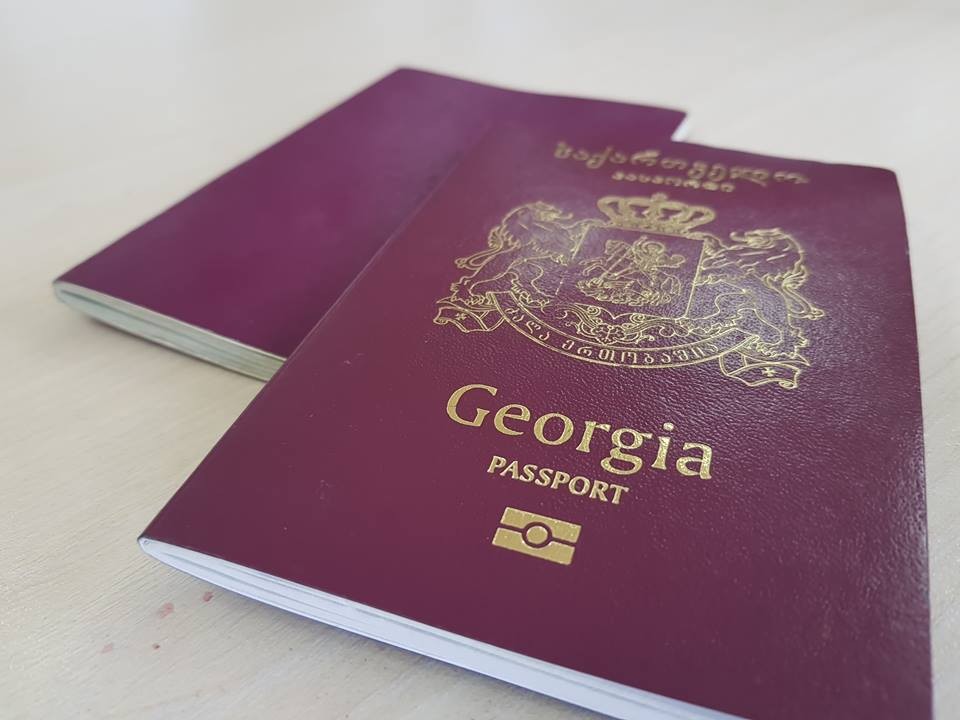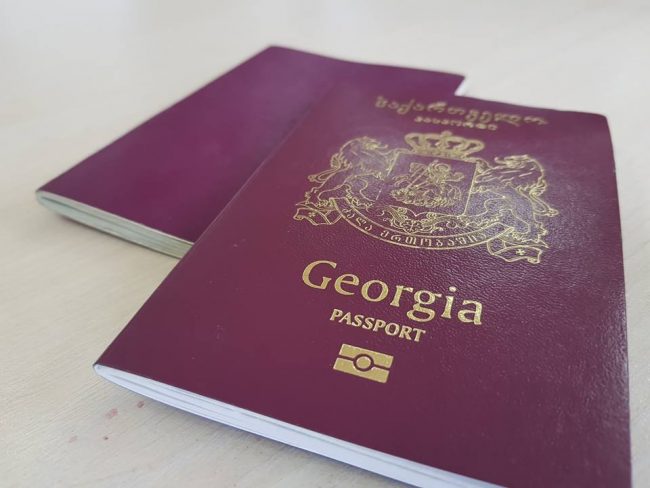

 People wishing to apply for Georgian citizenship will need to have resided in the country for at least 10 years, up from the current 5, if a new law currently in parliament is passed. The bill, which passed its first hearing in Parliament on Thursday, would also raise the bar for spouses of Georgian citizens, who would have to have resided in Georgia for 5 years, up from 2, to be granted citizenship under a simplified procedure.
People wishing to apply for Georgian citizenship will need to have resided in the country for at least 10 years, up from the current 5, if a new law currently in parliament is passed. The bill, which passed its first hearing in Parliament on Thursday, would also raise the bar for spouses of Georgian citizens, who would have to have resided in Georgia for 5 years, up from 2, to be granted citizenship under a simplified procedure.
According to the explanatory note of the bill on Organic Law of Georgia on Georgian Citizenship, the amendments come after changes in the Georgian Constitution approved in October 2017.
The bill also provides several exceptional provisions for granting citizenship, including if a person has made or is going to make a large investment in the Georgian economy or if a person is a successful sportsperson, scientist, or artist, willing to continue their activity in Georgia’s name.
A person will not be eligible for citizenship if they are being sought by Georgian police or Interpol or are undergoing extradition proceedings.
According to the amendments, the president will no longer determine the rules for granting or revoking citizenship, which will instead be determined by the Commission on Citizenship. Those wishing to become citizens by the rule exception will no longer be able to directly address the president. However, the final decision on granting or revoking a citizenship will still be made by the president.
The bill was approved by the Georgian Parliament by first hearing but will be discussed on the plenary session further.
Migration in Georgia
According to the national statistics agency, Geostat, Georgia has maintained a negative rate of net migration since 1994, the first year records are available. More than 83,000 people immigrated to Georgia in 2017, around half of them Georgian citizens, but in the same year, over 85,000 people emigrated.
According to the Public Service Development Agency report, of around 5,300 applicants for citizenship from January to October 2017, 3,000 were accepted. Of these, almost 2,400 were citizens of former Soviet countries. 277 citizens of EU member states were granted citizenship, 219 from the Americas, 221 from Asian states, 5 from African states, 1 from Arab states and 11 others.
According to the 2014 census results, 99% of Georgia’s population were citizens of Georgia, while 97% were born in Georgia.
‘As can be observed from the [2014] data, the foreigners living in Georgia are predominately citizens of Russia, Armenia, Azerbaijan, Ukraine, or Turkey. Almost half of foreigners living in Georgia (47%) were born in Georgia, this particularly concerns citizens of Russia, Armenia, Azerbaijan and Greece, while in the case of other countries, the number of foreign-born persons exceeds the number who were born in Georgia’, the report says.






